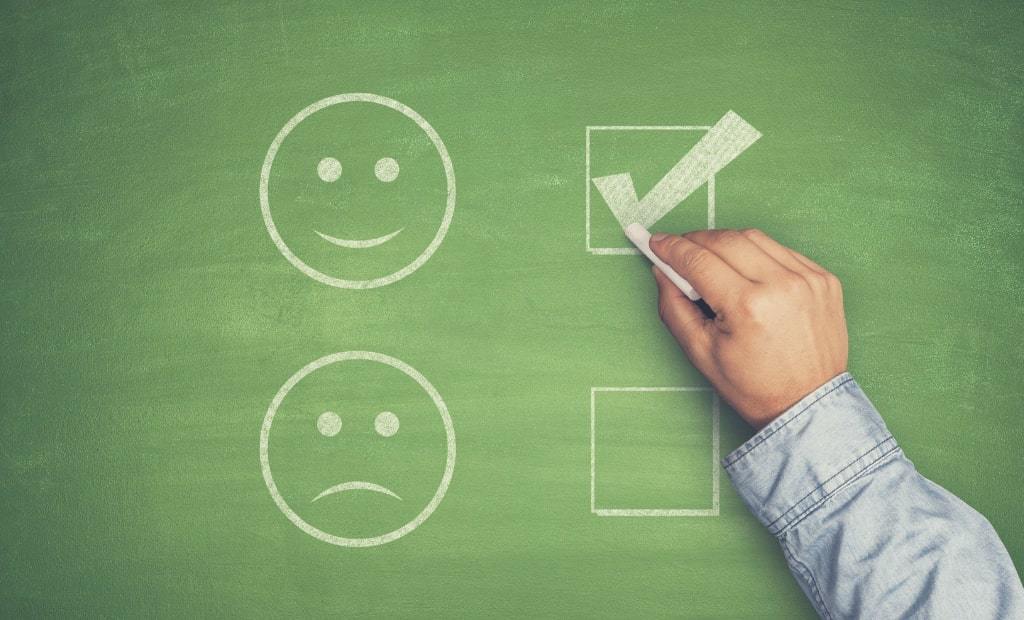Can you buy happiness? How much impact does money actually have on happiness? Discover the stoic view of money.
All action is based on prediction.
Every time you do something, its because you or your subconscious brain has predicted that doing so will leave you better off than the alternative.
Decide to stay with your romantic partner? It's because you predict they'll make you feel better than being alone or with someone else.
Spend money? It's because you predict purchasing that object will make you feel better than buying nothing or something else.
Perfect the art of prediction, and no joke, you can take over the world. You'd be able to pick the best romantic partner, best career, best stock portfolio, best education, best everything. No more returns.
In the form of conscious deliberation and subconscious emotion, prediction directs our behavior.
We're passingly good at it.
We feel that spending time with friends and family will make us happy. So we do it and feel happy.
We deliberate that going for a jog will give us a high. So we do it and feel high.
We deliberate that slacking off at work will get us fired, which in turn will make us feel bad. So we work hard, keep our job, and avoid feeling bad.
But when it comes to money, passingly good becomes pathetically wrong.
Desire distracts.
A college student dreams of becoming a lawyer making a cool $150,000. He's been told he's good at arguing and has an eye for detail, he's hardworking and ambitious, and most important of all, he wants that $150,000.
Lawyers are four times more likely to develop depression and two to six times more likely to commit suicide.1,2
Desire distracts – only 4 in 10 lawyers would recommend their career to others. What happened to the quality of life?
Why gamble and hope to be one of the 40%?
A yelper has spotted a new Mexican restaurant. It's got a bad rating, but why not give it a try – it's got a great looking menu, complete with too good to be true pictures of its food.
Desire distracts – less than 1 in 10 yelp users enjoy their meal at a low rated restaurant.3 What happened to the quality of food?
Why gamble and hope to be one of the 10%?
Just because the college student desires to be a lawyer or the yelper desires to eat at that Mexican restaurant, doesn't mean that doing so will make them happy.
The strength of your desire DOES NOT EQUAL the amount of happiness that ;ies at the end of the road.
Usually, it does, but when it comes to money, shi*t goes crazy – our desire gets hijacked for purposes not our own.
I'd prefer me and my family to be the ones benefiting from my earning and spending behavior. All too often, I'm not. All too often, we're not.
Considering how much of our lives revolve around money, that's a problem. This desire hijacking is the biggest obstacle to our successfully buying happiness.
But there's a fix – free and easy to implement.
No, not hiding in a cave and trying to avoid the 1,000+ daily desire distorters (also known as marketing messages) thrown our way.
Something much easier.
You wouldn't believe me if I told you now, so first, more on how money makes your usually intelligent brain go haywire.
- Your memory becomes foolish.
- Your extrapolations become foolish.
- Your desire becomes foolish.
Read more






